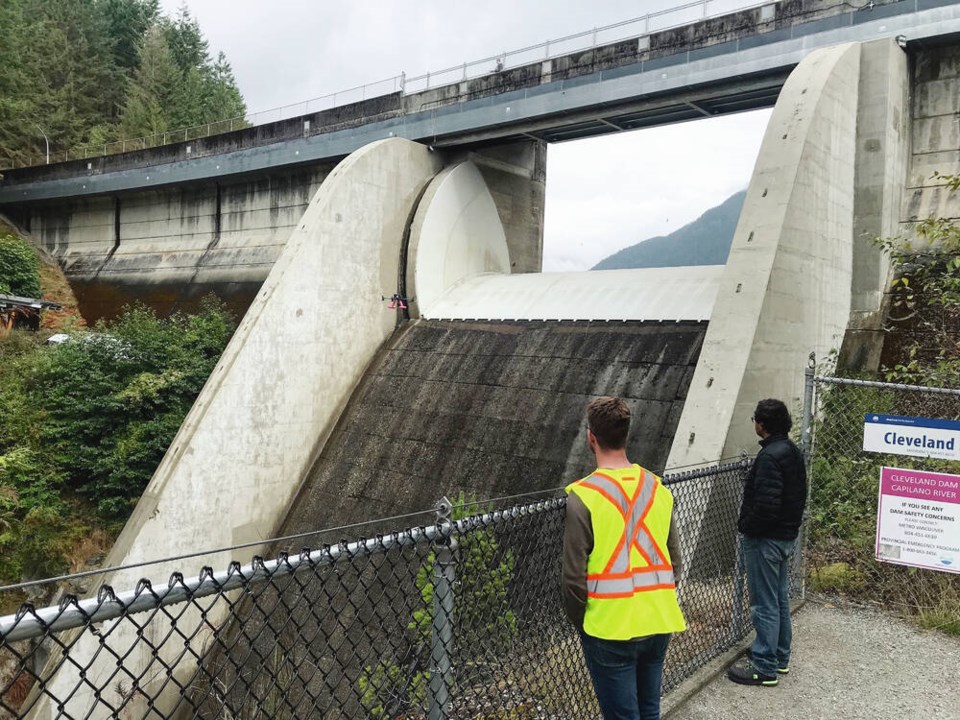A Victoria-based tech start-up that inspects large infrastructure projects has raised more than $2.2 million in capital to expand amid a surge in interest.
Niricson uses its damage-assessment software and drone-based data collection system to assess infrastructure.
Founder Harsh Rathod admitted it’s a good problem to have, but it means the company is scrambling to hire engineers and software developers to make its product more robust so it can handle a new level of work.
“We’re really scaling up,” said Rathod, who noted that, just over a year ago, Niricson had about seven employees and has since ramped up to 30 with the expectation it could have 45 by the end of the year. “We went from one project to 10, now we’re trying to get to 100 projects.”
The increased workload has come from around North America and Australia.
Niricson’s early focus was on analyzing dams, but it is expanding its scope to include bridges, power plants and tunnels.
Its system uses drones to fly around large civil infrastructure projects and collect data that can be analyzed in real time.
The system provides visual, thermal and acoustic analysis of concrete infrastructure. Because it requires fewer people than conventional assessment work, it can be done at a fraction of the cost.
Niricson has about 20 infrastructure projects in the pipeline, though severe weather, including last fall’s floods in B.C., underscored the need to assess the integrity of large infrastructure components.
Rathod said there were several knocks on his door and texts on his phone from concerned parties responsible for concrete infrastructure following the B.C. floods.
Such an event, which highlights the importance of key infrastructure components, underscores the need for services like Niricson’s, Rathod said.
For example, in jurisdictions where it is difficult to build dams, it is important to ensure the maintenance of existing dams is robust, he said.
“You need to keep them running,” Rathod said. “How do you keep them up to reduce risk? Well, you need to increase the maintenance, and how do you do that? You need to increase the frequency of assessments. But how can you do that without impacting your operational budget? It’s with systems like this.”
Rathod said with aging infrastructure all over North America, the need for the company’s service is only going to grow more acute, while the public has a tendency to take it for granted and forget about it as it’s just the concrete background to life.
If we don’t take care of them the problems can be big, because when they fail it’s immediate and can be devastating, he said.
Niricson has several projects coming up in Canada and in Australia, where the company intends to establish an office. It has already expanded to a Vancouver office and plans to set up another in the U.S., likely in Seattle.



